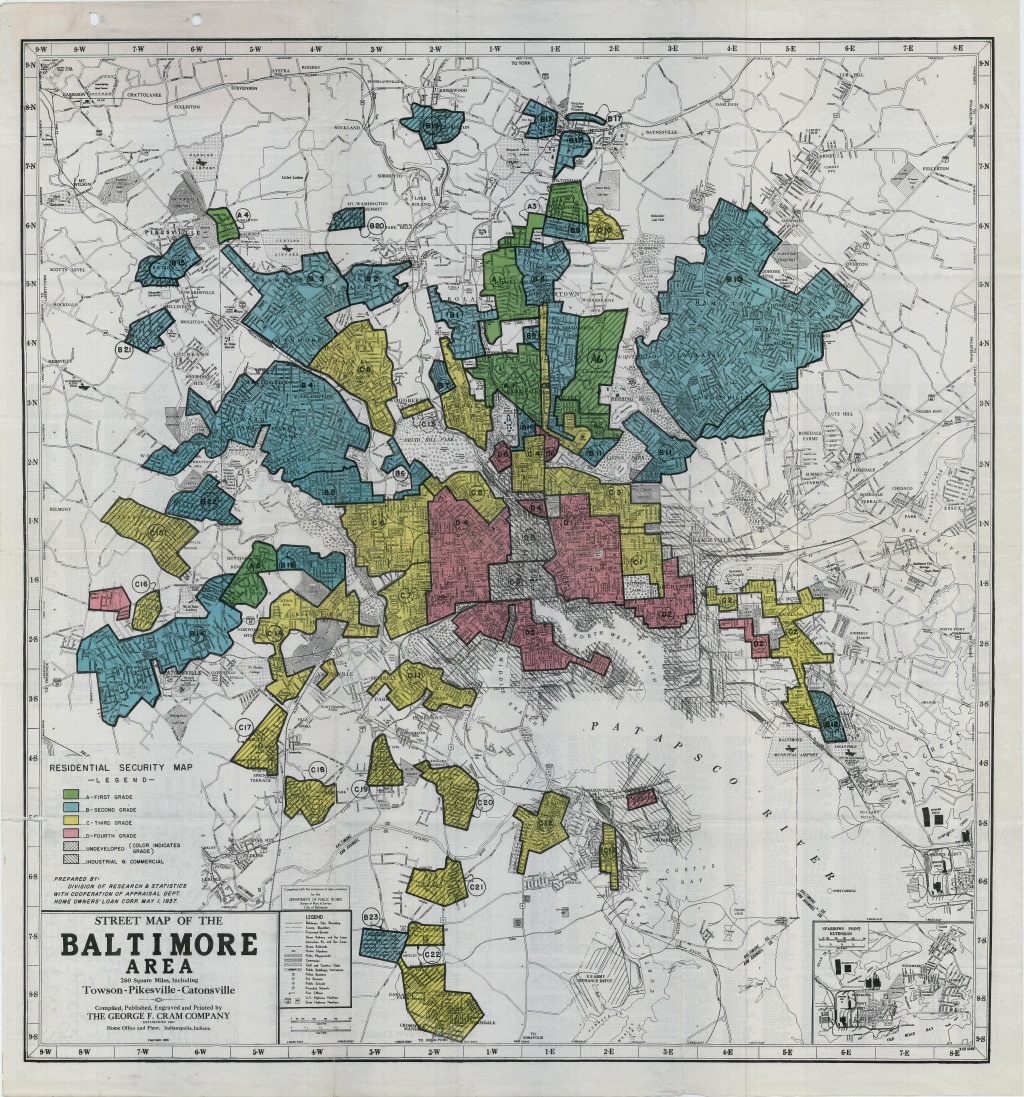Former NFL Quarterback and ESPN sports analyst, Delegate Jay Walker,[1] proposed legislation, Maryland House Bill 1431 (“H.B. 1431”), during the 2022 legislative session,[2] in an attempt to keep public entities from prohibiting high school students from profiting off their own name, image and likeness (“NIL”).[3] In effect, the state superintendent, a county board, or a public high school will not be able to prevent or limit a student athlete’s ability to earn compensation in NIL contracts.[4] While schools cannot prohibit students from profiting off their NIL, they can prevent students from participating in engaging in commercial activity during official school events.[5] Additionally, the terms of the NIL contracts cannot be in conflict with any athletic contracts the students have with the school.[6] Under this proposed law, students may retain representation to review any contracts they are presented, though student athletes’ parents must co-sign any contract they enter. [7]
In Alaska, California, Nebraska, New Jersey, and New York, high school students are currently able to profit off NIL contracts.[8] While H.B. 1431 did not make it out of committee this term, if reintroduced and passed next term, Maryland would become the next state to give their high school athletes this “advantage”.[9]
H.B. 1431 followed last year’s National Collegiate Athletic Association (“NCAA”) NIL policy change, which permits college student athletes to receive compensation for using their NIL.[10] Many college athletes have signed with collectives and businesses for compensation.[11] Some of these collectives are willing to pay individual players up to $50,000 per year.[12]
However, the NCAA NIL era has been described as “[…] the wild, wild west” by Todd Berry, the executive director of the American Football Coaches Association.[13] Nate Wood, the athletic director for compliance at the University of North Carolina (“UNC”), noted that many athletes have entered contracts that “no reasonable person would sign.”[14] The student-athletes were so excited to earn money for their work that they got involved with extremely detrimental deals.[15]
While H.B. 1431 would have allowed Maryland public school students to become well known in the sports community and receive compensation, it also would have created a risk of students entering bad deals like, just like the UNC student-athletes.[16] The age of majority in Maryland is eighteen years old,[17] but this law would have empowered minors to enter into legally binding contracts.[18] While their parents would have to co-sign, there is still no guarantee that these agreements will be in the best interest of the student-athletes or that a co-signature is enough protection.[19]
H.B. 1431 would have likely given Maryland public school students an advantage in college admissions over students in states that do not permit NIL contracts. Students would be more known to the public, which could influence and increase college scouting. Overall, this proposed legislation would have been a pyrrhic victory for the students though. They would have been free to earn compensation and become more well known, but they could also fall victim to unconscionable, one-sided contracts that have long-lasting ramifications. If this bill is re-introduced after this session’s fumble in committee[20], legislators need to strongly consider creating more protections for the minors these contracts would impact. Otherwise, unsuspecting students will have their interests sacked by parties who are easily able to take advantage of them.

Brice Litus is a rising 3L at the University of Baltimore School of Law and the incoming Assistant Managing Editor for Law Forum. She earned her Bachelor of Arts degree in Criminology & Criminal Justice at the University of Maryland, College Park. At the University of Baltimore, Brice is the outgoing President of the Criminal Law Association and a member of the regional champion National Trial Competition Team, rating among the top 6% of teams in the nation. She was also a Law Scholar for Professor Daniel Hatcher’s Contracts II class and a Teaching Assistant for the Introduction to Advocacy course this past spring semester. This summer, Brice is working at Greenberg Law Offices as a law clerk. She will graduate in May 2023 and plans to pursue a career in litigation and advocacy.
Read more: Maryland Public High School Students Were in the Red Zone in their Drive to be Able to Profit off Their Name, Image, and Likeness with Proposed Legislation.[1] Jay Walker, Maryland State Archives, https://msa.maryland.gov/msa/mdmanual/06hse/html/msa14638.html.
[2] H.B. 1431, Md. Gen. Assemb., (May 2, 2022, 12:53 PM), https://mgaleg.maryland.gov/mgawebsite/Legislation/Details/HB1431.
[3] H.B. 1431, 444th Gen. Assemb., Reg. Sess. (Md. 2022) [hereinafter “H.B. 1431”].
[4] Id.
[5] Id.
[6] Id.
[7] Id.
[8] Kristi Dosh, NIL Momentum Increasing for High School Athletes, Forbes (Dec. 31, 2021, 11:30 AM), https://www.forbes.com/sites/kristidosh/2021/12/31/nil-momentum-increasing-for-high-school-athletes/?sh=754bdee33468.
[9] Darren Heitner (@DarrenHeitner), Twitter (Jul. 19, 2021, 7:43 AM), https://twitter.com/DarrenHeitner/status/1417087597927673857?ref_src=twsrc%5Etfw%7Ctwcamp%5Etweetembed%7Ctwterm%5E1417087597927673857%7Ctwgr%5E%7Ctwcon%5Es1_&ref_url=https%3A%2F%2Fwww.ncsasports.org%2Fname-image-likeness.
[10] Jim Vertuno, Latest NIL Twist: Millions Being Pledged to College Athletes, NBC DFW, (Dec. 15, 2021, 7:20 AM), https://www.nbcdfw.com/news/sports/latest-nil-twist-millions-being-pledged-to-college-athletes/2838989/.
[11] Id.
[12] Id.
[13] Id.
[14] Id.
[15] Id.
[16] Vertuno, supra note 11.
[17] Md. Code Ann. Gen. Provis. §1-401 (LexisNexis 2022).
[18] See H.B. 1431
[19] Id.
[20] HB 1431, Md. Gen. Assemb., (May 5, 2022, 12:53 PM), https://mgaleg.maryland.gov/mgawebsite/Legislation/Details/HB1431.






Leave a comment